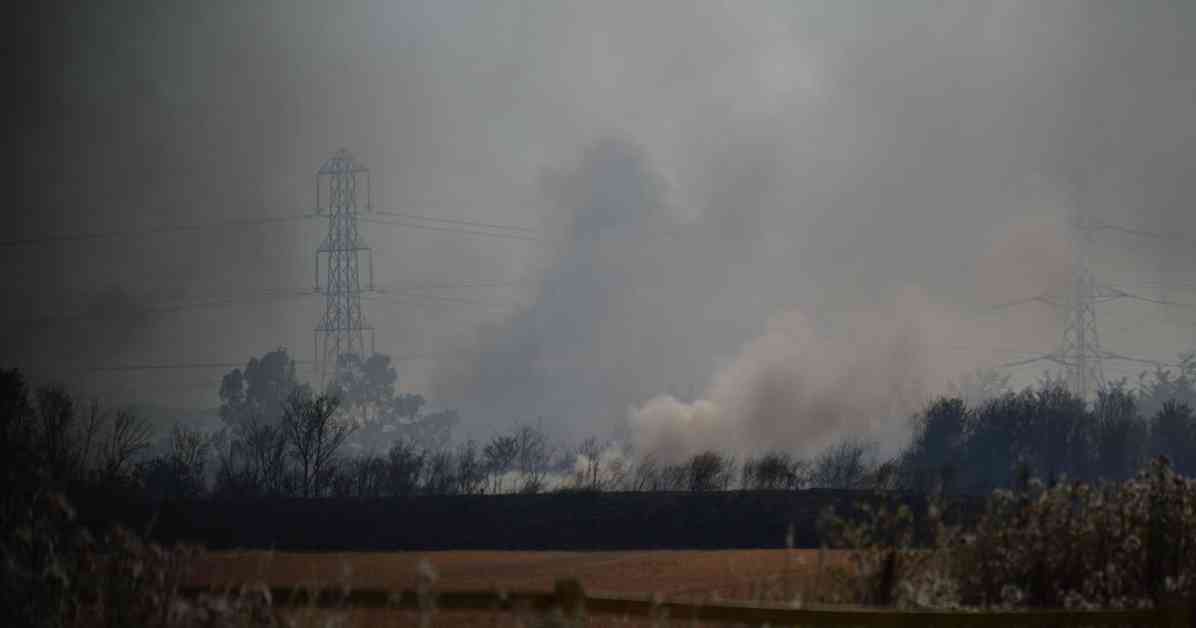Climate change has made the 10 deadliest extreme weather events of the past two decades even more deadly, leading to the deaths of over 570,000 people, according to scientists. This finding emphasizes the severity of extreme weather events and the urgent need to reduce greenhouse gas emissions. The World Weather Attribution group conducted this assessment, marking the 10th anniversary of its formation in 2014. The study highlights how climate change has amplified extreme temperatures, making heatwaves, floods, and other events more intense and frequent.
One of the deadliest weather events was the 2022 heatwave in Europe, which saw record temperatures and resulted in tens of thousands of deaths. The analysis also looked at heatwaves in 2015 and 2023, showing that climate change made these events more severe than they would have been otherwise. The scientists stressed that the death toll is likely higher than reported, as many heat-related deaths may not be included in official statistics.
Dr. Friederike Otto, co-founder of World Weather Attribution, warned that climate change is not a distant threat, as it has already claimed hundreds of thousands of lives. She called on political leaders to take urgent action to reduce fossil fuel consumption and mitigate the impacts of extreme weather events. The researchers emphasized the importance of early warning systems, resilient infrastructure, and other measures to prepare for future disasters.
The 10 deadliest weather events of the last 20 years, exacerbated by climate change, include Cyclone Sidr in Bangladesh, Cyclone Nargis in Myanmar, heatwaves in Russia, drought in Somalia, floods in India, Typhoon Haiyan in the Philippines, and several European heatwaves. These events demonstrate the devastating impact of climate change on vulnerable communities around the world.
Roop Singh from the Red Cross Red Crescent Climate Centre stressed the need for countries to prepare for the future by investing in early warning systems and updating infrastructure. He emphasized that cutting emissions is essential to prevent more catastrophic events in the future. With each degree of warming, the frequency and intensity of extreme weather events will continue to increase, putting more lives at risk.
In conclusion, the study underscores the urgent need for global action to address climate change and its impact on extreme weather events. By cutting emissions, investing in resilience measures, and preparing for future disasters, countries can mitigate the devastating effects of climate change and protect vulnerable populations. The time to act is now to prevent further loss of life and ensure a sustainable future for all.












